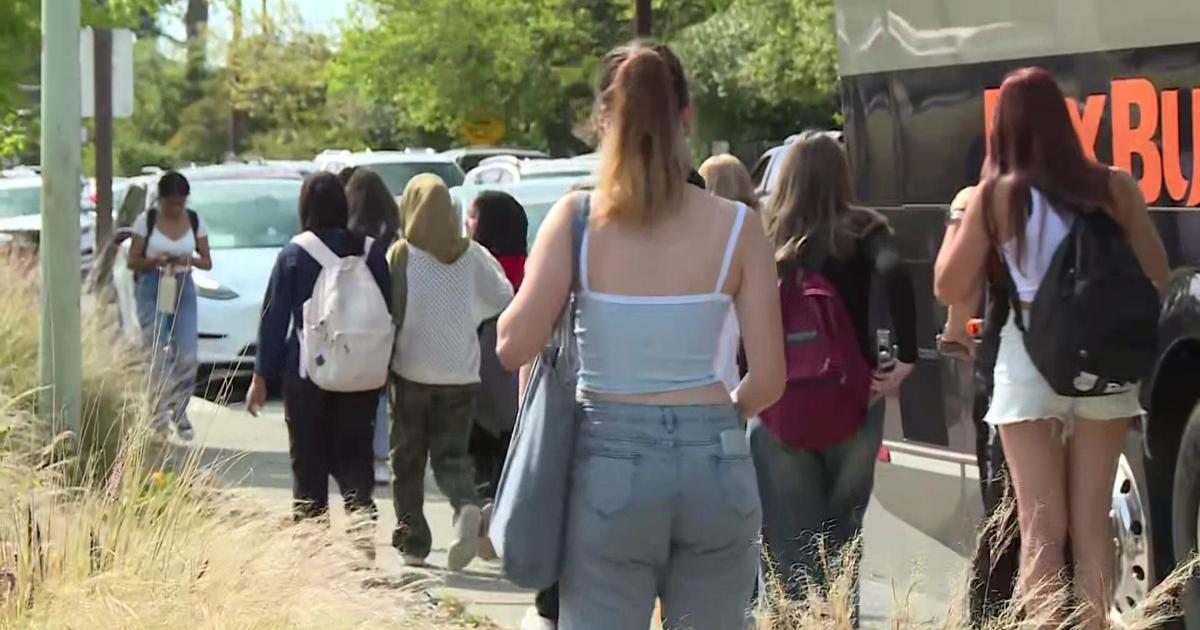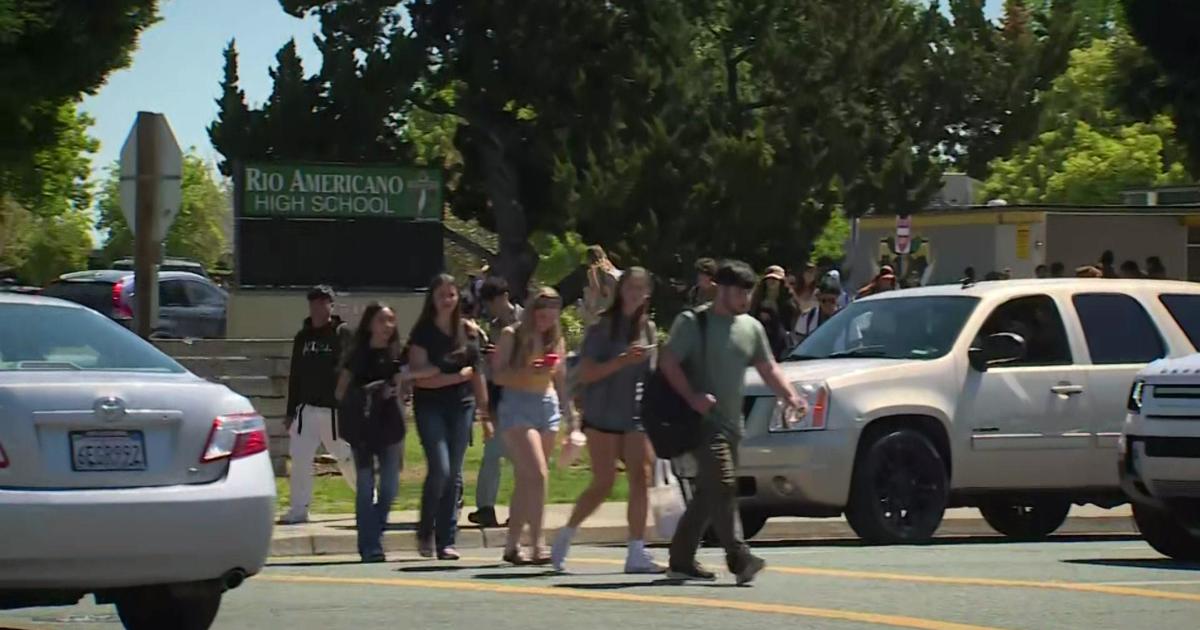Common Core Challenges Bay Area Teacher To Change Strategy
This article is presented in partnership with CA Lottery.
The love to teach is not something that is learned, but something that grows from inside. The talent to teach may be enhanced with education and training, but it's still a gift that naturally reveals itself through daily action.
For San Francisco teacher Chris Stone the desire to educate began as a childhood joy.
"I have always wanted to be a teacher. When I was younger, I would get my brothers and the neighborhood children together and 'play school.' It wasn't play to me. I made worksheets, planned art projects, sang songs, and came up with lessons. I enjoyed seeing my students learn. I still do," says Stone.
Stone, an elementary school educator, graduated from college, entered the workforce in a different field and soon found that she had to follow her heart. Stone thinks back to the life-changing decision she is glad she made.
"After a few years of working, I didn't feel I was doing anything that was meaningful," she explains. "I was making money, but not happy. I went back to school, earned my teaching credential, and have never regretted going into teaching."
The Rewards Far Exceed The Challenges
Stone teaches fifth grade at Buri Buri Elementary School, and like every good teacher, she finds her reward when her students are successful.
"The greatest reward of teaching is finding out I made a difference in a student's life, especially if it was a student I worried about. It reminds me of why I labor over lesson plans, take papers home to grade, stay late to problem-solve and give up recess and lunch to tutor students. It makes it all worth it to know I reached at least one student."
With 17 years of teaching experience, Stone has learned how to lead students down the right path to success. For her class it starts with three expectations.
"The first is everyone needs to think and engage," she states. "That means there has to be an environment that encourages students to learn. They need to believe that they can be successful. All students are different and that means what works for one student, may not work for another. There needs to be some flexibility."
She said the second expectation is that all students feel safe.
"Students need to take risks to learn. When students feel they can make a mistake or say what they feel and they won't be teased, they feel more confident. If students feel safe and are part of the community, they come to school."
The third expectation is to simply have fun.
"That doesn't mean it is a party all day long. What that means is that if students are engaged in meaningful learning, learning is fun. Ask any teacher, it is always a work in progress. We are constantly changing to meet the needs of our students."
Teaching Requires Adaptability And Change
As educators make the teaching shift to Common Core, Stone reflects on the value of changing her teaching strategies to help students understand the importance of applying what has been learned as opposed to just memorizing facts.
"I used to think I was doing a great job as a teacher when my students did well on a test. I would be upset to learn a month later that they had no recognition of what I had taught. They had memorized it for the test, but couldn't recall it later," she says.
"Memorizing a formula and not knowing how to use it is useless for future applications. As I change my teaching strategies and focus on getting my students to think and apply instead of memorizing without any context, I am amazed by their abilities. They are becoming independent thinkers who can problem-solve on their own," she adds.
Stone is also impressed with the technology savvy generation of young people who sometimes surpass teachers in their ability to keep up with the latest technology.
"Keeping up with technology is a daunting task as the technology gap is getting smaller and smaller. We have first-graders coding at our school! It is great to see how capable students are with technology," she says.
But as students rapidly grow in the technology field, Stone said it is important to keep a close eye on how they use this technology.
"Because of this quick growth, we are faced with problems that schools and society are still trying to address like cyber bullying, too much usage, lack of personal interaction, updating and acquiring computer equipment and plagiarizing and education, just to name a few. While we embrace the use of technology, we also need to evaluate carefully all the ramifications," Stone adds.
Nicole Bailey-Covin is a freelance education writer for Examiner.com.




